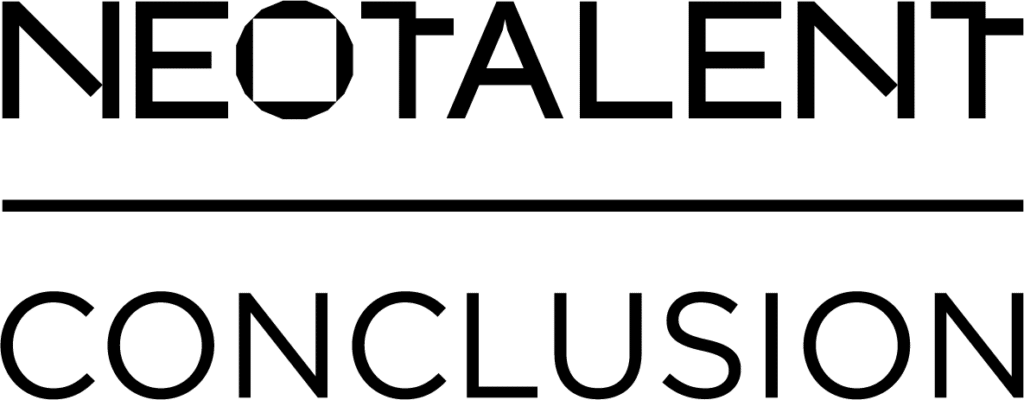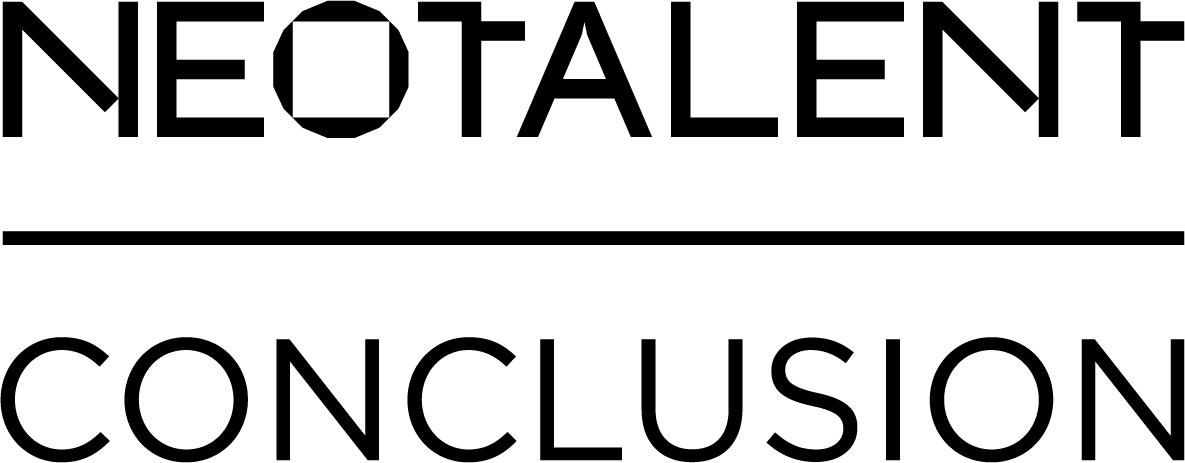How the response to the COVID-19 pandemic is redefining the future of talent acquisition
2021: digital transformation applied to talent
Many of the impacts of the COVID-19 pandemic are yet to be quantified and qualified, but one thing is certain: digital acceleration has already transformed business, from the most traditional to the most intrinsically modern (such as the information technology sector).
Along with the changes related to teleworking, there have been several novelties that have restructured the day-to-day life in organizations: remote work policies, incentives and benefits programs for employees, internal mobility and retraining programs (with options of reskilling or upskilling), or even diversity and inclusion policies (which are finally jumping out of corporate speak and starting to be defined in concrete action plans).
In particular, functions such as recruitment – which used to be based on face-to-face interaction – have changed radically, with talent selection and acquisition processes taking place exclusively digitally.
LinkedIn recently interviewed and surveyed more than 1,500 professionals working in the field of talent attraction, and gathered in the report “The Future of Recruiting” the 6 main trends that will mark the future of recruiting(full version for the Europe and Middle East region available here).
Below I discuss these 6 predictions, commenting on what I consider to be the main transformations to watch out for:
Prediction #1: Fewer hires, more conversions and mobility
Solutions such as internal mobility will no longer be an option, but a must-have alternative as a way to retain talent in the organization.
The cataloguing of competences in the pool internal talent and the dissemination of internal career opportunities – in different projects, teams, units or clients – will promote the collaboration of the various functional teams – from human resources to business management – to ensure that employees qualify for open positions.
In response to labor market uncertainty and volatility, recruitment teams will increasingly value candidates’ transferable skills – such as adaptability and problem-solving – and can then invest in training to acquire the necessaryhard skills.
Prediction #2: Recruitment will be the driver of diversity
Driven by social movements on a global scale – for racial justice, gender equality, among others – companies are called upon to prove their intentions of inclusion and the fight for diversity (increasingly, a business imperative).
Here, recruitment plays a crucial role. Not only will you have access to a wider network of professionals – expanded by the possibility of remote working – allowing you to consider candidates from minority groups, but you will also be able to include them in the application funnel for a given position, and ensure that they are properly followed up throughout the process, eliminating systematic bias.
Prediction #3: Virtual recruitment is here to stay
The recruitment process has gone entirely virtual, and the efficiency and productivity gains have been widely welcomed. Thus, and like the business – which will exist in a hybrid version between local and remote work – hybrid recruitment – with a process that combines face-to-face and digital – should also become the norm.
The challenge here will be to define which steps of the process can remain virtual, and which should return to face-to-face, without sacrificing competitive advantages (such as speed of response) and improving the candidate experience for the different opportunities.
Prediction #4: Recruiters will lead the transition to remote working
Over the past year – with several periods of lockdown – the advantages and benefits of teleworking have been widely debated. Access to a larger and more diverse talent pool, increased productivity and retention, savings on infrastructure and compensation components, and even a decrease in the environmental impact caused by humans (with the carbon footprint benefiting from lower activity and less transportation use).
On the other hand, complex questions have arisen about compensation, internal capacity planning, technology, impacts on company culture, visibility of work, among others. Companies in the tech sector have led the way in offshoring work, but are still dealing with the challenges of interpersonal relationships.
Playing a central role in an organization’s human resource planning, recruiters recruiters are in a unique position to provide insights on this transition, bringing to the discussion data on what professionals expect and value in an employer or job opportunity. Knowing these insights will allow companies to act on them, and can even represent a competitive advantage if the response is quick.
Prediction #5: Brands will rely on empathy and actions
As various audiences – candidates, clients, employees – expect companies to take clear and strong positions on social issues, recruitment leaders will increasingly focus on their employer brand (the so-called “ employer brand “). The focus is no longer on the products and services a company offers, the facilities it owns, or the merchandising it distributes, but on what the company is doing to support and benefit its employees and customers in times of crisis.
Portugal has witnessed a wave of solidarity with the people who have suffered most from the consequences of the pandemic. In addition to commendable community support – with numerous cases of civil society intervention – many private initiatives have been added. From partnerships with non-profit organizations, employee assistance programs, to other compensation gestures (which can range from psychological support to home delivery of fresh food, or even monetary subsidies, as highlighted by Público newspaper in this article for subscribers).
These are just a few examples of measures that companies can take – by being genuine and empathetic – that have a hugely positive impact on their reputation, shaping their brand for the future. When things go wrong, employers must take responsibility and admit mistakes. After all, this demonstration of vulnerability will be decisive in gaining people’s trust.
If we put ourselves in the shoes of the candidate – especially at a time when remote working is the norm, and personal contact is reduced to the bare minimum – we can see that first impressions about a company will be influenced by interaction with the professionals in the recruitment team.
That’s why an empathetic approach from the recruiter or talent acquisition manager is absolutely vital, guiding the conversation from an understanding of the situation the candidate is going through. The interaction, more than the interview script, will be the real proof of what the company is and what it can offer (to future employees).
Prediction #6: Recruiters will align with the business
Over the past year, recruitment teams have undergone unprecedented structural and functional changes, and the trend is set to continue.
From the challenges of dematerializing key parts of the hiring process to the requirement to align with ever-changing business priorities, the one constant for recruiters will be the need to adapt. Personal development – in the sense of an individual’s ability to develop new skills – is even highlighted as the fastest growing skill in demand.
The recruitment or talent acquisition function will increasingly act as a bridge between a company’s hiring needs and Human Resources (HR) initiatives. It is not surprising that skills such as decision-making, diversity or inclusion are increasingly valued.
As the preferred interlocutors between the candidate and the company, it is in the specialized teams of attraction, selection and acquisition of talent that strategic missions for the life of organizations fall.collecting and analyzing talent data, improving the digital recruitment process, redefining the brand’s own reputation (employer branding).
Talent management: the Neotalent example
At Neotalent – an information technology consultancy – we practice a talent development policy that we have called the “Active Loop Policy”. This policy is intended to reflect our ability to index the success of our professionals, through constant cycles of follow-up, monitoring, performance evaluation, feedback, and matching talent to the aspirations of the employees themselves and the needs of our clients.
In turn, this policy is based on a proprietary methodology, defined with the aim of enabling us to achieve maximum efficiency and potential in every IT project in which we are involved. A TO.GO methodology (named after T alent O verall Go vernance) encompasses several processes focused on talent and business management and development and sets the tone for the various teams’ interactions with candidates from the very first moment.
And in your reality? Has there been a change in the way you look for and manage talent? How do you define your approach to candidates? What values or rules guide you? Share your experience with us(joana.ricardo@neotalent.pt).
References:
LinkedIn article: 6 Recruiting Trends That Will Shape 2021
LinkedIn Report: The Future of Recruiting
Joana Ricardo
Head of Marketing at Neotalent
I am a wife, mother and marketer. Curious by nature, I love exploring the reasons that move people and the way they establish relationships – with brands, with each other, with the world.





